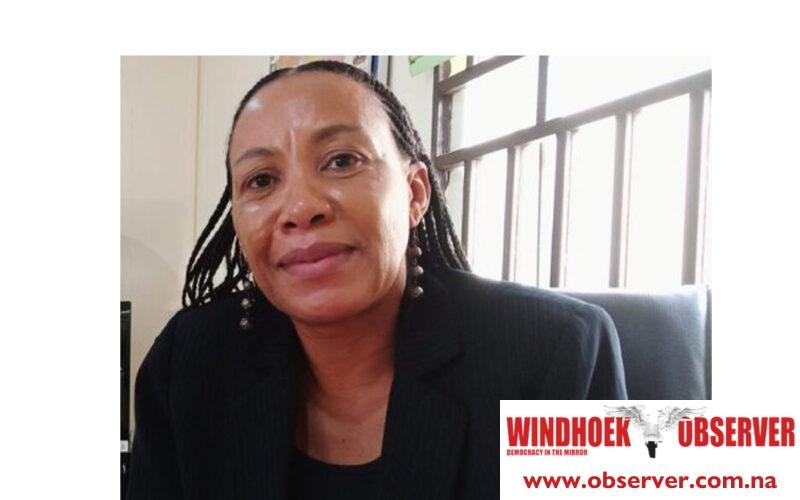Niël Terblanché
At the celebration of the International Day of the Midwife, stakeholders underscored the critical role of midwives in reducing maternal and neonatal mortality and morbidity.
The day was celebrated in Windhoek on Saturday.
According to Loide Amkongo, a representative of the United Nations Population Fund (UNFPA) in Namibia, the need for improved training and support for midwives is recognised by international health authorities and the Namibian government, which views midwifery as a cornerstone of maternal and child health.
Amkongo said that enhancing the capabilities of midwives is the key to reaching Namibia’s Sustainable Development Goals related to health by 2030.
She added that the UNFPA emphasizes the expansion of midwifery programs, adherence to global standards, and fostering an enabling environment as key steps towards improving maternal health outcomes.
The Independent Midwives Association of Namibia (IMANA) took this opportunity to call for a revision in the midwifery training curriculum to ensure competency-based training that produces skilled and respectful midwives.
Sylvia Hamata, the president of IMANA, said midwives play a crucial role not only as healthcare providers but also as advocates for sustainable practices that protect human health and the environment.
Hamata stressed the multi-faceted responsibilities of midwives in today’s challenging climate scenario.
Hamata’s message resonates with the sentiments at a previous midwifery leadership conference organised by IMANA and the University of Namibia, which stressed the global and timeless nature of the midwifery profession.
Local and international experts attended the conference, which highlighted midwifery as a crucial component of a cooperative healthcare system aiming to raise maternal care standards worldwide.
Hamata said that IMANA will continue to advocate for professional development and the adoption of best practices among midwives in Namibia.
“This effort is critical in a country where midwives are often the primary healthcare providers for mothers and babies at the most critical times of their lives,” she said.
Hamata added that empowered and well-trained midwives are essential to ensuring healthier futures for mothers and children all over Namibia and beyond.




